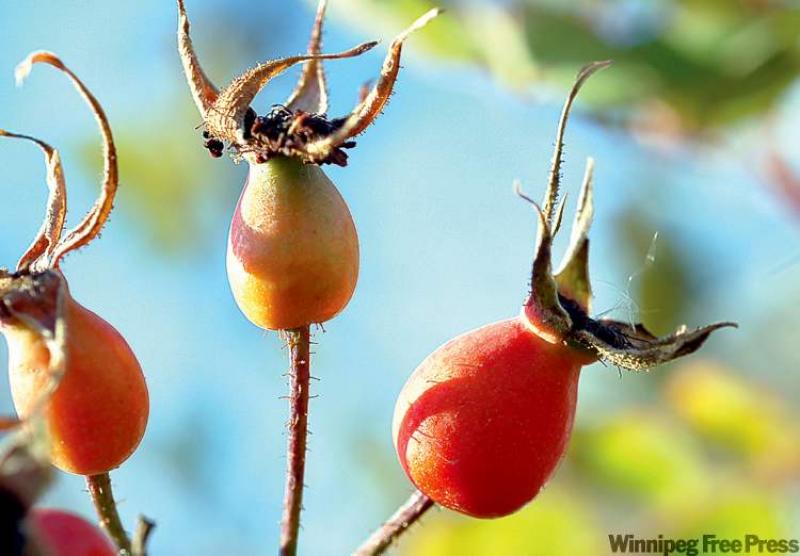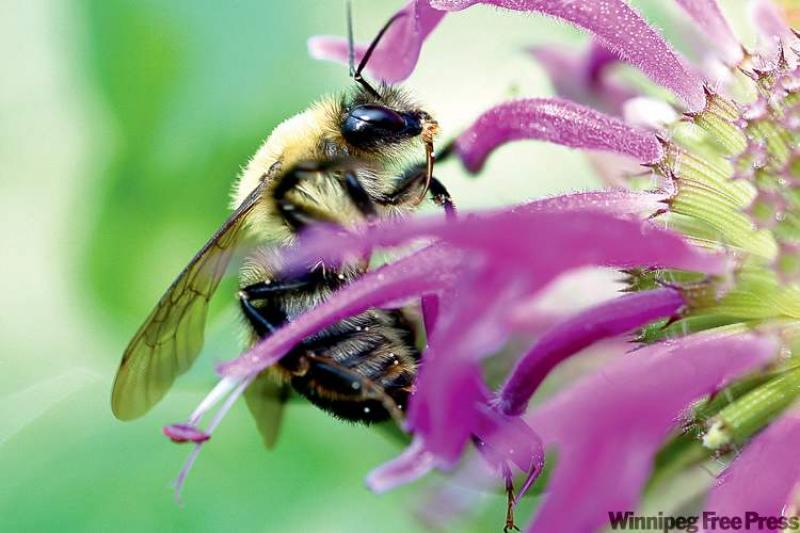
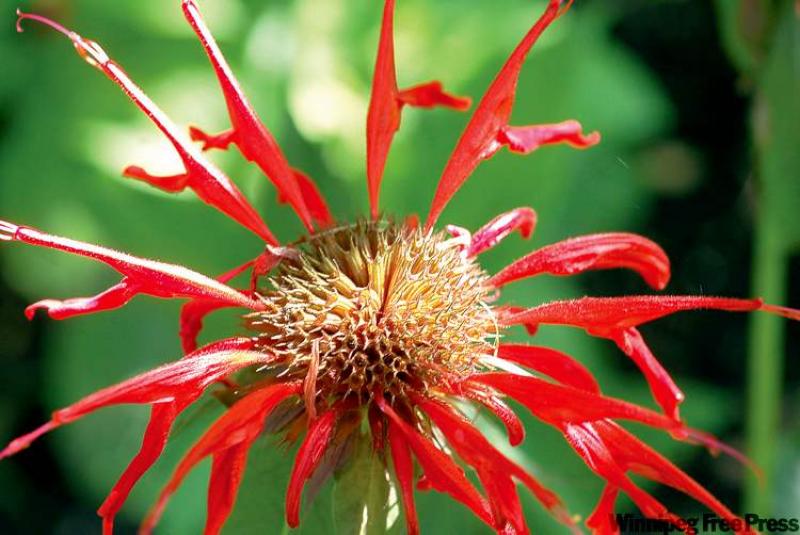
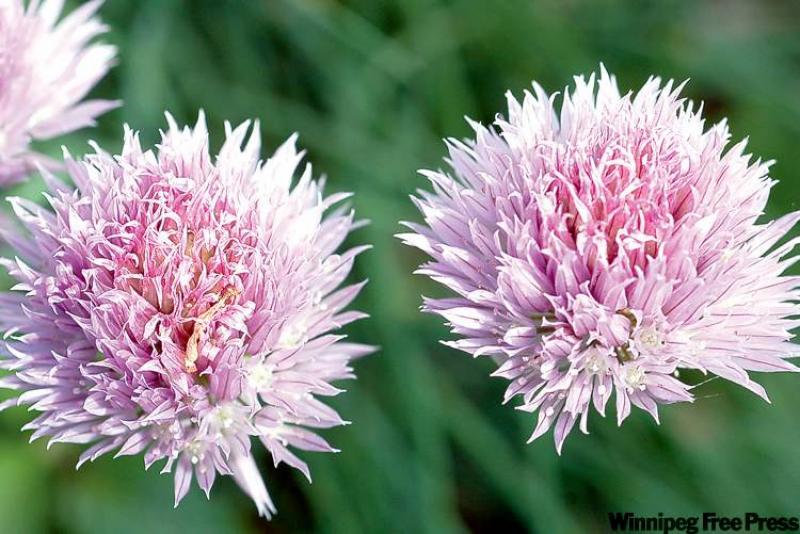
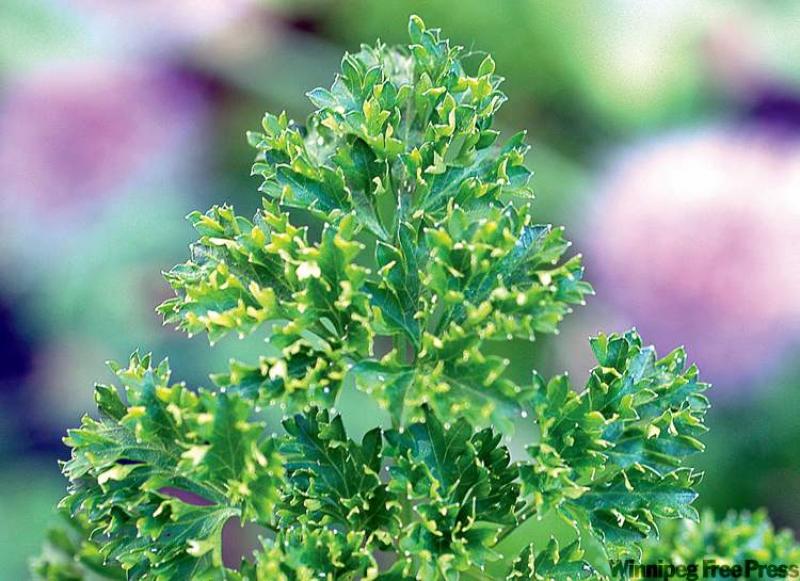
What is a herb?
If you were to look up the word herb in the Oxford English Dictionary you would find two definitions, one broad and botanical and the other narrower and referring to use:
1. Any seed-bearing plant that does not have a woody stem and dies down to the ground after flowering.
2. Any plant with leaves, seeds, or flowers used for flavouring, food, medicine, or perfume.
As the second definition implies, herbs are classed into four main categories: aromatic, culinary, medicinal and ornamental. Most of us are familiar with culinary herbs, such as parsley, sage, rosemary and thyme, made famous in the Simon and Garfunkel song Scarborough Fair. Did you know that bee balm, yarrow, and lobelia are also herbs as well as having a wonderful colourful presence in our annual and perennial borders?
A common question about herbs is what is the proper pronunciation, herbs or erbs. It seems that in American English the 'H' is silent and in British English the 'H' is pronounced. So, take your pick.
Why should I grow herbs?
Culinary herbs add incredible flavour to your cooking (and help you to use less salt), add zest to your salads, make aromatic and flavourful teas, add colourful garnishes to your food presentation and can easily be dried or frozen for use throughout the winter months.
Growing herbs can make weeding your garden a sensory delight. I once wondered why it was so difficult keeping my first basset hound out of my herb garden. As I was weeding it one day, the aromas from the oregano, basil, and thyme mingled, reminding me of my homemade spaghetti sauce, and then it clicked. Leftover spaghetti sauce on her kibble was one of Cleopatra's favourite treats.
Herbs are also pollinator magnets. Dill attracts the larvae of swallowtail butterflies, so plant lots for them to enjoy.
Bees love bee balm, yarrow and oregano (if you let it bloom). Monarch butterflies are especially fond of purple coneflowers.
How can I assure my herbs will thrive?
Most herbs require full sun, so if your yard is shady, your choices will be limited to varieties such as mint, lemon balm, comfrey (very invasive so be careful that it doesn't take over), angelica, lungwort, chervil and parsley. Remember that, at best, these herbs are shade tolerant, so they will struggle in full shade locations.
Most herbs also require well-drained soil, so be prepared to amend your soil with lots of compost and other organic material to combat the heavy clay in Red River soils.
Can I grow herbs in Winnipeg?
Although many culinary herbs' origins are in southern Europe near the Mediterranean, and they can only be grown as annuals here in Winnipeg, there are many herbs that are hardy enough to survive our winters. It also depends where you plant your herbs. People have told me that they have had success with rosemary overwintering (something I've never accomplished).
It turns out their plants are in an extremely sheltered location that receives a great deal of snow cover in the winter. Sage Garden Herbs, for example, offers an overwintering program for lavender plants.
Fortunately, many annual herbs are prolific self-seeders (e.g. anise, hyssop, borage and dill), so you will still get lots of plants each year.
Where can I buy herbs?
Many herbs are difficult to start from seed. It's often easiest to ask around and find a person who is willing to give you a clump of perennials.
All local nurseries and many large retail outlets have herbs in their garden centre departments.
There are two major Canadian specialized outlets for herbs, both as seeds or as plants:
Sage Garden Herbs
3410 St. Mary's Road, Winnipeg, Manitoba R2N 4E2 Canada, (204) 257-2715, www.herbs.mb.ca
Richter's Herbs
357 Highway 47, Goodwood, ON L0C 1A0 Canada, (905) 640-6677 , www.richters.com
What if I want more information?
The Herb Society of Manitoba meets once a month at the Assiniboine Park Conservatory and is an excellent source of information on all things herbal. For more details, visit their website at www.herbsocietymb.com
They have a demonstration herb garden just outside the Assiniboine Park Conservatory where they have blended a variety of aromatic, culinary, medicinal and ornamental herbs for your enjoyment. The Herb Society of Manitoba also hosts HerbFest at the Assiniboine Park Conservatory on Sunday, July 17, from 10 a.m. to 4 p.m.
Pat Routledge is an avid gardener and editor of the Prairie Sage Quarterly, the official newsletter of the Herb Society of Manitoba.

